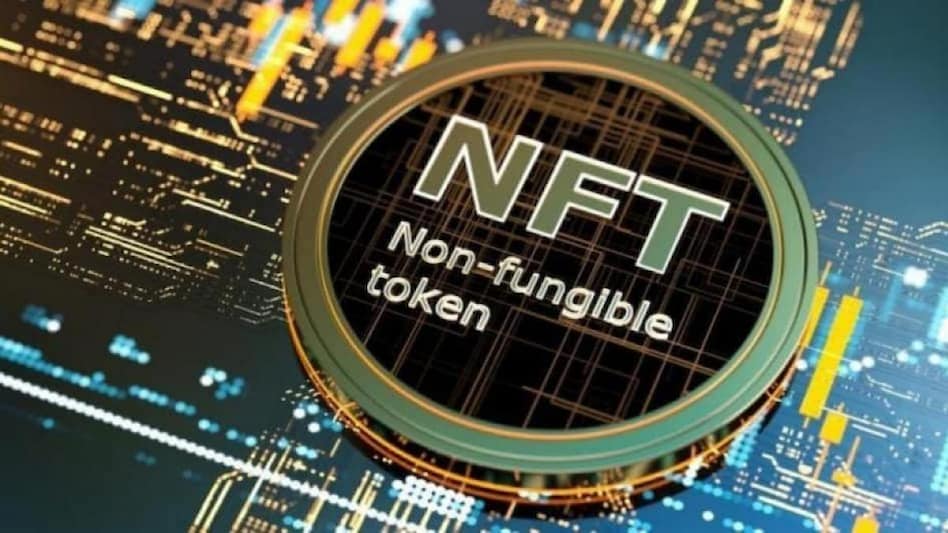Most people have heard of non-fungible tokens (NFTs), but few people know what they are or what they are used for. When NFTs first hit the news, they were dismissed—mainly because there weren’t many people who knew what an NFT was. Whether you are interested in technology or not, NFTs are a significant part of the advancing technological culture and the progress of humanity. You can dismiss them all you want, but it is important to understand what NFTs mean for the future and the progression of human civilization. Below is a layman’s guide to NFTs.
Blockchain Technology
Blockchain is the technology that uses a public database and a list of transactional records known as blocks in an immutable ledger. This means that the ledger cannot be edited by anyone, and it is encrypted so it’s much more difficult to hack into. Essentially, blockchain provides the full transactional history of a digital asset. This is how digital assets can be minted, bought, sold, and invested in. Blockchain mints two types of tokens: fungible and non-fungible.
Fungible vs Non-Fungible
When you use a blockchain ledger to mint a token, it means that you are authenticating it. There are two different types of tokens—fungible and non-fungible. Fungible means that they can be reproduced. This is cryptocurrency and digital content that is made to be recreated. You can mint any digital file. On the other hand, non-fungible tokens, NFTs, are completely unique. This not only creates the opportunity to create a demand for a rare digital asset, but it helps buy and sell them as well.
Cryptocurrency
Cryptocurrency is the most common fungible token. In the case of Bitcoin, there are a limited number of coins that exist, placing a very distinct value on each coin. This has made Bitcoin incredibly valuable, with all the mystique that comes with the world’s first encrypted currency. Just because cryptocurrency can be reproduced does not mean it’s not as valuable as non-fungible tokens. In fact, the value of the NFT must be inherent. NFTs have a much larger market.
NFTs
When you mint an NFT, you must decide on a few things. You need to decide on the distributed ledger, an NFT marketplace, and create a wallet. Once you have all this in place, it will need to be approved by the authentication system of the ledger. If it shows that the digital file or content is completely unique, you will mint it into a token. This token shows the public that it is legitimate and that you own it. If and when you choose to sell it, the ledger will include that information. This goes on and on.
NFT Sale & Value
The value of most NFTs is completely subjective. If the content, file, artwork, video, image, or whatever else has market value, there will be people who want to buy it. For example, there have been musicians that mint a single copy album. There are minted photographs. You can even mint memes and gifs. The value of NFTs isn’t dependent upon regulation or a financial market, making it one of the most interesting, deregulated assets in the world.
Decentralized & Deregulated
Since every public ledger is decentralized, they aren’t subject to government regulation or the whims of financial institutions. This has caused a few conundrums for these powers. Whether to accept NFT money is a huge decision to be made by international banks and nations-states. Like cryptocurrency, these minted tokens representing digital assets can be liquidated into other currencies and transferred into tangible wealth. This begs all kinds of questions about the future of the international economy and the agency of these institutions.
NFTs represent something more than just unique minted tokens that can be bought and sold. With cryptocurrency and blockchain technology at large, the future of governmental and financial powers are in question. Technological progress raises questions about our society. Whether you are excited about the changes happening or weary about them, there is no stopping the future. That’s why we should all do our best to watch what is happening and decide for ourselves what we think is good for humans and what isn’t. When it comes to blockchain, it seems positive but there is really no way to know for sure.
